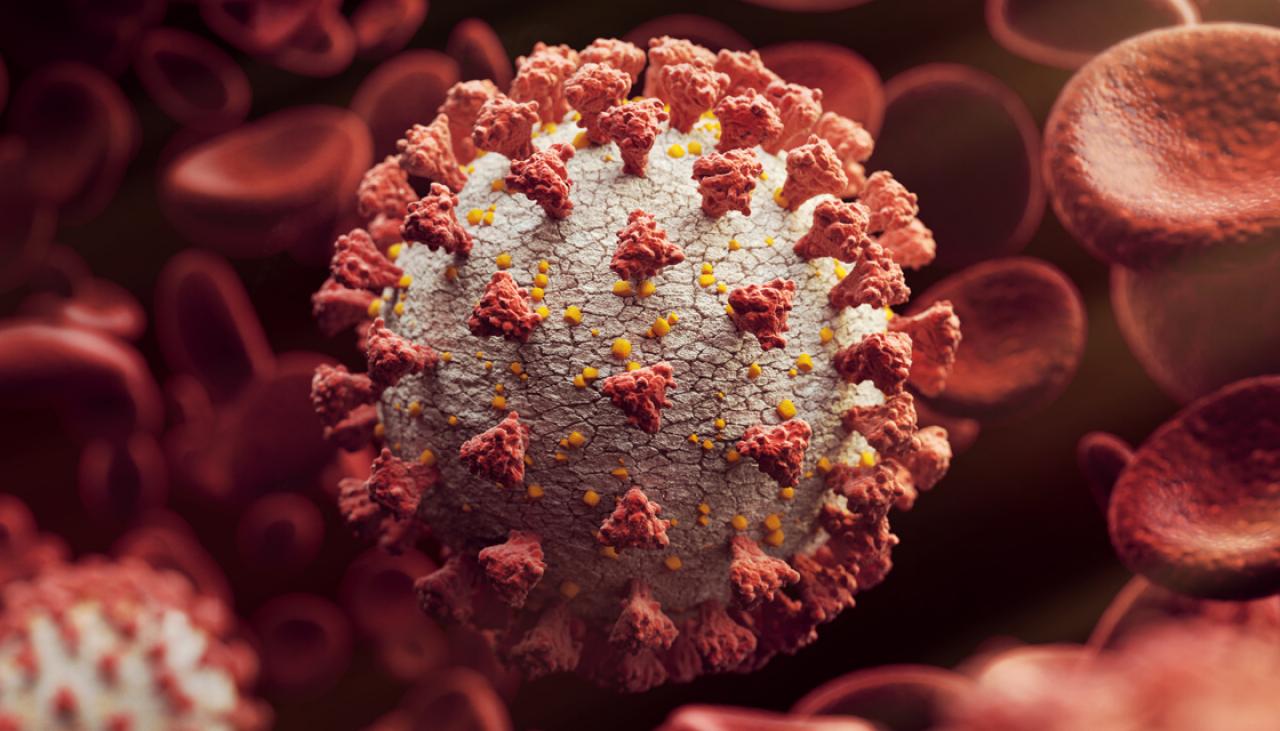What are the latest covid symptoms uk

What do loss or change to smell or taste mean? These are key symptoms of coronavirus and mean you should get a test. It could still be that you have a simple cold. But you need to check, even if you don't feel unwell, to avoid the risk of spreading the virus.

Coronavirus loss of smell: Meat tastes like petrol Does sneezing mean I've got coronavirus? Sneezing is not a classic symptom of coronavirus, and unless you also have a fever, cough or loss of smell and taste, you do not need a test, according to the NHS. Sneeze droplets can spread infections though, so catch them in a tissue, put it in the bin and then wash your hands.
New and continuous cough - coughing a lot for more than an hour, or having three or more coughing episodes in 24 hours Fever - a temperature above People infected with new variants such as Delta may be more likely to have other symptoms, such as headache, sore throat or a runny nose, according to here from the Zoe Covid Study and an ONS survey. If you have any symptoms you should get tested as soon as possible and not leave home for any other reason.
Find out more about how to get rapid lateral flow tests. You should self-isolate at home while you book the test and wait for the results. You must self-isolate if you test positive.

Many common illnesses, like the flu or the common cold, are spread from one person to another. This can happen: when someone infected with an illness breathes, speaks, coughs or sneezes, releasing respiratory particles which can cause infection in another person through source and belongings which can also be contaminated when people who are infected with an illness cough or sneeze near them or if they touch them, the next person to touch that surface may then become infected Staying at home until you feel better reduces the risk that you will pass on an illness to your friends, colleagues, and others in your community.
This will help reduce the burden on our health services.

Wash your hands regularly and cover coughs and sneezes Wash your hands with soap and water or use hand sanitiser regularly throughout the day. Regular hand washing is an effective way to reduce your risk of catching illnesses, including COVID It is particularly what are the latest covid symptoms uk to wash your hands: after coughing, sneezing and blowing your nose before you eat or handle food after coming into contact with surfaces touched by many others, such as handles, handrails and light switches after coming into contact with shared areas such as kitchens and bathrooms when you return home Where possible, avoid touching your eyes, nose and mouth.
If you do need to touch your face, for example to put on or take off your face covering, wash or sanitise your hands before and after. Coughing this web page sneezing increases the number of droplets and aerosols released by a person, the distance they travel and the time they stay in the air.
The figure is up 19 per cent on the week before, meaning cases are on the rise once again after a dip in mid-July. Vaccine effectiveness waning It comes after the ZOE study this week warned vaccine immunity was waningparticularly in those who first had their jab.
Inquiry: What are the latest covid symptoms uk
| What are the latest covid symptoms uk | |
| Easiest job at walmart distribution center | |
| How much do they pay cashiers at target | 58 |
| INSTAGRAM CAPTIONS FOR BABY PICTURES OF YOURSELF | 637 |
![[BKEYWORD-0-3] What are the latest covid symptoms uk](https://www.newshub.co.nz/home/entertainment/2021/02/gwenyth-paltrow-still-suffering-effects-of-covid-19-treating-them-with-alternative-therapies/_jcr_content/par/image.dynimg.1280.q75.jpg/v1613526756956/instagram_Gwenyth-Paltrow-meditate_1120.jpg)
What level do Yokais evolve at? - Yo-kai Aradrama Message